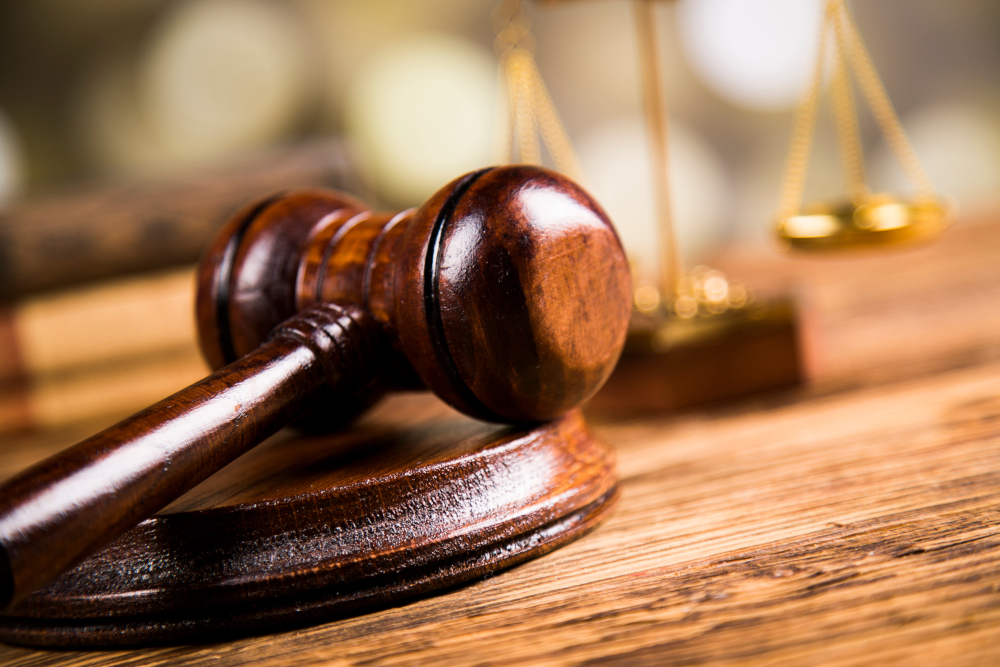A U.S. appeals court has upheld a Virginia law that strictly limits the sale of intoxicating hemp products. The decision marks a significant blow to the hemp industry’s legal challenges against state regulations, affirming that Virginia’s law does not conflict with federal rules or the Constitution.
The Court of Appeals for the Fourth Circuit rejected claims that Senate Bill 903 (S.B. 903) violates federal preemption or the Dormant Commerce Clause, emphasizing states’ authority to regulate matters of health and safety.
The decision reinforces a broader shift toward tighter control of hemp-derived substances and highlights the ongoing tension between state autonomy, federal oversight, and industry demands.
Stricter rules, penalties
The passage of S.B. 903 in 2023 came as a response to an influx of intoxicating hemp products – usually in the form of gummies and beverages – marketed as alternatives to marijuana. These items, most of which are synthesized from hemp-derived CBD, include delta-8 THC, delta-10 THC, and other psychoactive compounds like THC-O and HHC. The products flooded the market due to a loophole in the 2018 Farm Bill, which defined hemp as cannabis with less than 0.3% delta-9 THC but failed to take into account the potential to make synthetic “high”-producing substances from hemp flowers.
Under Virginia’s revised laws, products containing any form of THC are capped at a total 0.3%, with a maximum of 2 milligrams per package. Additional regulations mandate lab testing, child-resistant packaging, and registration for businesses selling hemp products. These measures aim to protect consumers – particularly children – from exposure to psychoactive substances. A tragic case in 2022, where a child’s death was linked to delta-8 THC consumption, underscored the need for stricter oversight, advocates of the law said.
The Virginia Department of Agriculture and Consumer Services (VDACS) has aggressively enforced these laws. In 2024 alone, VDACS levied nearly $11 million in fines against over 300 businesses for violations, citing more than 17,000 infractions. Despite pushback from industry stakeholders, the state’s resolve remains firm, with inspections and penalties continuing into 2025.
Federal uncertainty
Virginia’s crackdown on intoxicating hemp products mirrors a broader trend across the U.S., where states are imposing stricter rules or outright bans. While some producers and retailers argue these measures stifle innovation and threaten small businesses, regulators point to safety concerns, including reports of adverse health effects and deceptive marketing targeting minors.
The legal landscape remains murky at the federal level. The 2018 Farm Bill, which inadvertently facilitated the rise of psychoactive hemp products, is under review. Lawmakers in both the House and Senate have proposed amendments to the next Farm Bill, which could redefine hemp to exclude intoxicating substances altogether. If passed, this new definition would render state-by-state battles moot by setting a uniform federal standard. Whether Congress resolves this conflict in the next Farm Bill remains to be seen, but the stakes are high for producers, regulators, and consumers.

